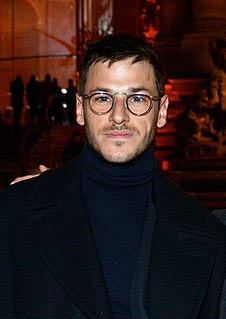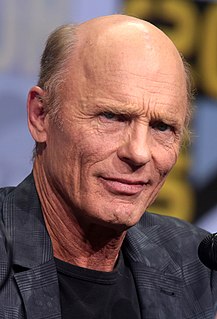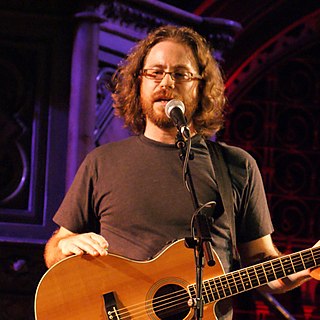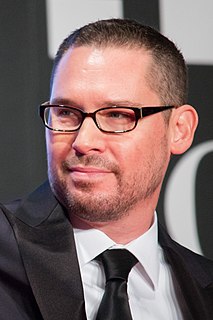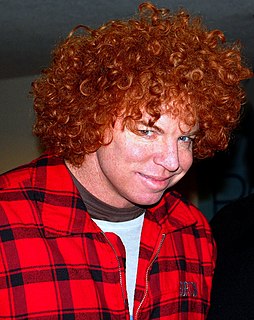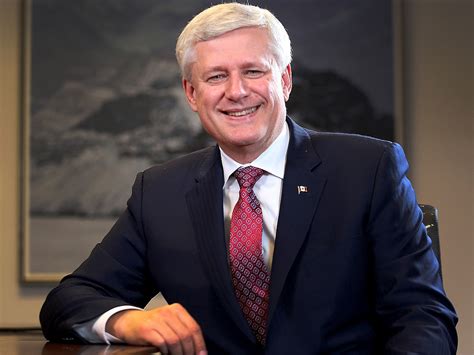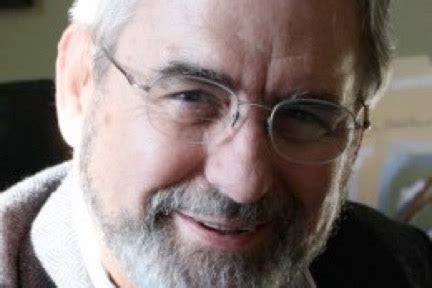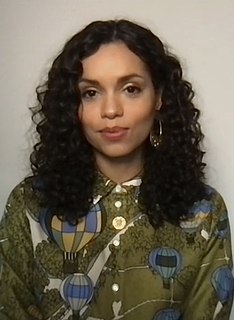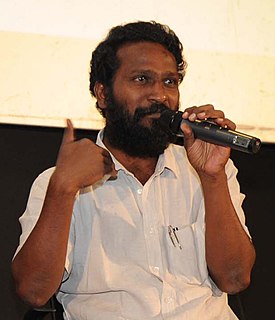A Quote by Gaspard Ulliel
If you decide to direct a film, it's because you have something to say, something to show to the audience.
Related Quotes
I'm an actor who loves to direct film, if I find something that I'm compelled to do and want to spend three or four years doing. I really love the process, though. I might have to just say, "Yeah, I want to direct that," because I want to direct something, but that's just not the way my being is. It's got to be a necessity for me, otherwise I'll just keep acting.
I don't go through a torturous intellectual process to decide what to direct. I know what I want to direct the second I read something or hear a story. I just know when it grabs me in a certain way I want to direct it. And then I spend the next four to six months trying to talk myself out of it, because directing is really hard! But it's true, I know essentially when and what I want to do next... it's an undeniable feeling I get and it's not the same feeling I get when I wind up producing something.
One thing I've learned is that the audience not only wants to be talked to but they also like to talk back. Maybe that's not a universal thing but people at my shows always have something to say. I love it because it encourages the spirit of having a good time together and it takes the show to places that I wouldn't be able to take it without their participation. The show becomes something that we're all working on together. That sounds really cheesy but I mean it.
It's far easier to write why something is terrible than why it's good. If you're reviewing a film and you decide "This is a movie I don't like," basically you can take every element of the film and find the obvious flaw, or argue that it seems ridiculous, or like a parody of itself, or that it's not as good as something similar that was done in a previous film. What's hard to do is describe why you like something. Because ultimately, the reason things move people is very amorphous. You can be cerebral about things you hate, but most of the things you like tend to be very emotive.
I've always loved theatre because it's so immediate. The challenge of it is that, career wise, it's easier to get traction in the industry if you do film and TV because the audience is larger, and because the work can be seen for a longer period of time. I did solid work in a series of regional and Off-Broadway shows, but the work I did on TV or film will have a longer life with a larger audience (and with services like Netflix). Ultimately, there's something intimate about TV, because the storytelling and the actors come home with the viewer. It can be powerful because of that.
I did it [photojournalism] as something that was really rewarding to do, given the opportunity to express myself about something I cared about, and also to learn a lot by watching filmmakers I admired. In a sense, it was my film school. After doing it for a few years, I decided that the time had come to get it together and do some work of my own. So I stopped doing that and wrote some screenplays on speculation, because even though I wanted to direct, to direct you need a lot of money.
If you're playing a good guy, you show some darkness. If you're playing a dark guy, you show something different, like humor, that will mix it up and hopefully surpass the audience's expectations. What I'm battling all the time is complacency in the audience. I try to bring a little mystery to what might happen because that engages people more.
